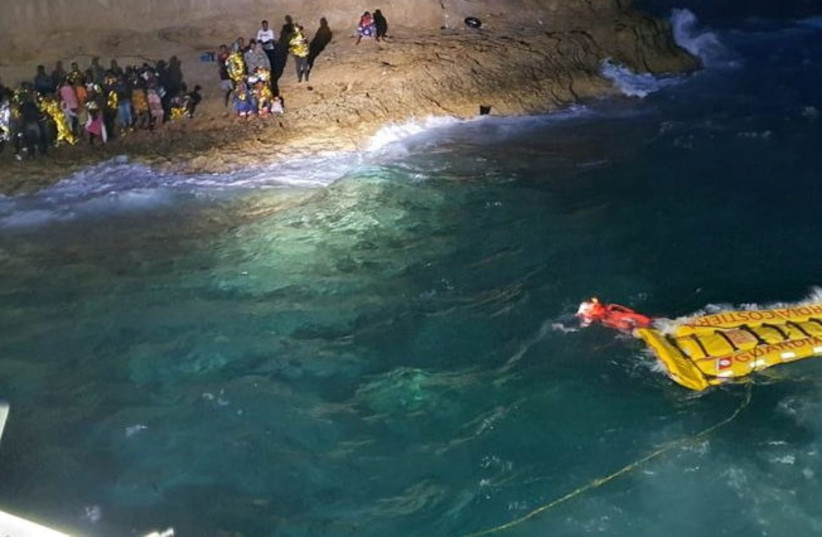The new head of the UN migration agency on Monday voiced concern that deaths in the Mediterranean were being "normalized" and vowed to work with governments to provide options for economic migration to help address the crisis.
Former US White House adviser Amy Pope started as head of the International Organization for Migration (IOM) on Oct. 1 at a time of record forced displacement around the world and high political tensions over irregular immigration.
In recent days, an Italian minister and billionaire Elon Musk have criticized Germany for backing charities helping distressed migrants on the world's most dangerous route, the Mediterranean, where 22,000 people have died or gone missing since 2014. Germany's foreign ministry defended its policies.
Asked to comment on the debate, Pope said: "Our biggest concern is that the deaths in the Mediterranean have been normalized and that people take for granted that this is just a cost of human movement."
"If we're really going to stop people crossing the Mediterranean on rickety boats and dying as they do so, we need to approach the situation far more comprehensively," she said. She declined to comment directly on Musk's remarks.

Pope, who wants to build partnerships with private companies to better manage migration, won a tense election in May against her then-boss, becoming the first female head of the UN agency since it was created in 1951. The IOM seeks to ensure humane and orderly migration and intervenes where needed.
Missing migrants of the Mediterranean region continue to rise, data shows
The Missing Migrants Project has recorded more than 28,000 missing migrants in the Mediterranean region since 2014. The region has seen an uptick of maritime deaths of migrant boats, with fatalities telling a different story of people fleeing their home nations.
According to a report published by the International Organization for Migration (IOM)’s Missing Migrants Project, patterns in 2023 have increased significantly in the Middle East and North Africa (MENA) region. Data stated that just under 3,000 deaths of refugees and asylum seekers were recorded in the first half of 2023 alone, though the organization wrote that these numbers are likely underreported.
Migrant death reporting relies on local authorities, while some die at sea and are unable to be found.
Of the thousands of deaths, the majority are tied to drowning deaths. The Central Mediterranean region is considered the deadliest migratory route, clocking in just shy of 2,000 deaths and disappearances. Drowning is the most frequent cause of death, accounting for a large majority, followed by environmental conditions including dehydration, starvation, and exposure to the elements. 3.1% of recorded deaths were attributed to violence in transit.
There were nearly 10,000 incidents of migrants been pushed back forcibly over EU borders - either on land or on water - between May-August, a Danish Refugee Council report showed on Monday.
The eastern Mediterranean has seen nearly as many migrant fatalities as the western part of the region, with the Missing Migrants Project citing that this route has resulted in a higher proportion of human remains being recovered and brought ashore. Since 2014, of the 1,200 documented in the eastern Mediterranean region, more migrant identities were recovered, including those of nearly 500 children.
A large proportion of those crossing in this region originated in Syria, Iraq, and Afghanistan, in addition to Libya and other North African countries.
In September 2022, a boat of refugees left a Lebanese port and sank just a week later, killing 94 people onboard. Syrian state TV reported that bodies were recovered off of Syria's Baniyas coast.
Earlier this month, a dinghy filled with belongings of refugees holding Somalian and Turkish documents and other belongings washed ashore in Netanya. This quickly prompted Israeli authorities to scan the area for bodies that were believed to have washed ashore, including a child.
Reuters contributed to this report.